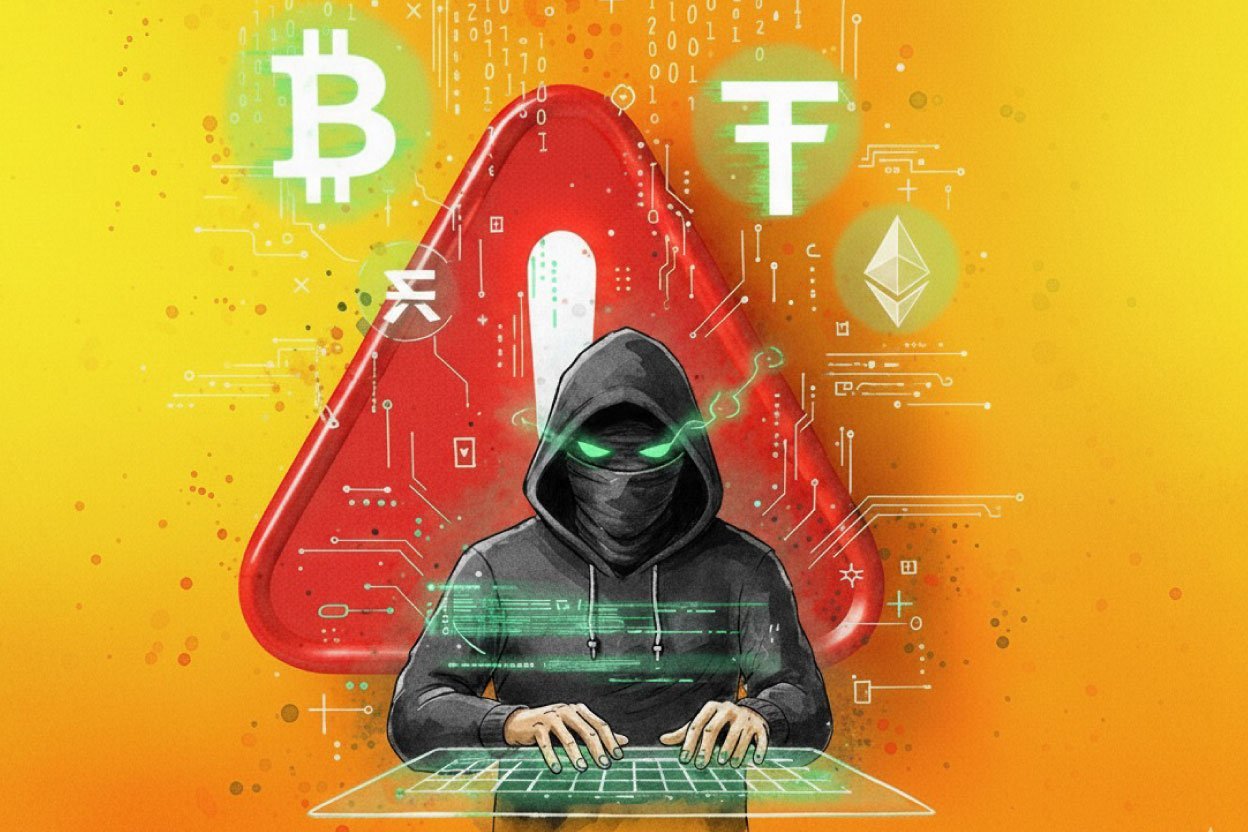#lost
74 articles found
Latest
Crypto hacks in August drain $163M as exploits surge 15%
 Crypto hacks surged again in August, with attackers stealing $163M across 30 incidents. While centralized services bore the brunt, DeFi platforms also lost funds. The Lazarus Group was linked to several exploits, underscoring rising risks for Web3 security.
Crypto hacks surged again in August, with attackers stealing $163M across 30 incidents. While centralized services bore the brunt, DeFi platforms also lost funds. The Lazarus Group was linked to several exploits, underscoring rising risks for Web3 security.  Anthony Shnayderman and Itai Bronshtein filed a class-action lawsuit against the NFT platform OpenSea, alleging that it has engaged in trading unregistered securities. The plaintiffs, who purchased several non-fungible tokens, including those from the Bored Ape Yacht Club collection, claim these assets have lost their value due to their illegal status.
Anthony Shnayderman and Itai Bronshtein filed a class-action lawsuit against the NFT platform OpenSea, alleging that it has engaged in trading unregistered securities. The plaintiffs, who purchased several non-fungible tokens, including those from the Bored Ape Yacht Club collection, claim these assets have lost their value due to their illegal status. Cryptocurrency Under the Skin: The Future is Here!
 Vivo Key Technologies and Dangerous Things developed a cryptocurrency wallet that can be implanted under the skin. Say goodbye to the hassles of lost passwords and security breaches! This innovative implant ensures your digital currency is secure—unless someone literally steals your hand. Be mindful in stores, as a simple hand wave could lead to unintended purchases.
Vivo Key Technologies and Dangerous Things developed a cryptocurrency wallet that can be implanted under the skin. Say goodbye to the hassles of lost passwords and security breaches! This innovative implant ensures your digital currency is secure—unless someone literally steals your hand. Be mindful in stores, as a simple hand wave could lead to unintended purchases.  In the second quarter of 2024, crypto projects lost $572 million to fraud and hacks, more than doubling the $265 million in the same period last year. The two biggest victims were centralized exchanges: Japan’s DMM Bitcoin ($305 million) and Turkey’s BtcTurk ($55 million).
In the second quarter of 2024, crypto projects lost $572 million to fraud and hacks, more than doubling the $265 million in the same period last year. The two biggest victims were centralized exchanges: Japan’s DMM Bitcoin ($305 million) and Turkey’s BtcTurk ($55 million). Konstantin Kudo’s tragic death: crypto community pays tribute
 October 10 to 11 brought one of the hardest nights for crypto traders. A flash crash wiped out nearly $19 billion, surpassing the scale of the COVID crash. At the same time, Ukraine’s crypto scene lost one of its brightest figures, Konstantin Kudo.
October 10 to 11 brought one of the hardest nights for crypto traders. A flash crash wiped out nearly $19 billion, surpassing the scale of the COVID crash. At the same time, Ukraine’s crypto scene lost one of its brightest figures, Konstantin Kudo.  NaNoWriMo, the nonprofit known for its annual novel-writing contest, recently lost four board members and a key financial sponsor after it stated that rejecting artificial intelligence amounted to class inequality and discrimination against people with disabilities.
NaNoWriMo, the nonprofit known for its annual novel-writing contest, recently lost four board members and a key financial sponsor after it stated that rejecting artificial intelligence amounted to class inequality and discrimination against people with disabilities.  Blockchain security company Match Systems has identified several developers behind the phishing app Angel Drainer, which promptly ceased operations. Preliminary assessments indicate that at least 35,000 users lost around $25 million due to Angel Drainer's activities.
Blockchain security company Match Systems has identified several developers behind the phishing app Angel Drainer, which promptly ceased operations. Preliminary assessments indicate that at least 35,000 users lost around $25 million due to Angel Drainer's activities. 










